When I was in kindergarten, I noticed there was a boy in my class who did not like turning in assignments. It must've occurred to me, even at age 5 (many years before taking AP Psychology), that maybe he needed a little positive motivation. So I decided to bring little rewards for him when he followed the rules or completed an assignment. Whether it was a finger puppet from a Corn Flakes box or a mini Snickers bar, motivating him and being his friend was fun for me.
As a kid, I naturally gravitated towards people who sometimes needed extra help; I liked helping them achieve their goals, and encouraging them to feel good about themselves. I had no idea my friend was part of the special education program. I never viewed him as "different." My parents raised me to be respectful and kind to all people.
Our little reward system tradition may have ended in kindergarten, but the exchange sparked a passion within me, a passion that created an avenue for my most treasured memories and friendships, and toward my future.
In second grade, I met my friend Leah. She always gave everyone huge hugs that we called "squeezes," and could memorize the entire school directory, knowing every student's parents' names. I was so jealous of her memory -- and a really cool purple ball she always had on her desk.
Those were the first things I noticed about Leah, who I later learned had that purple ball on her desk to help her when she was feeling overwhelmed or overstimulated, and who had an aide to provide extra support and adaptations for her because she has autism.
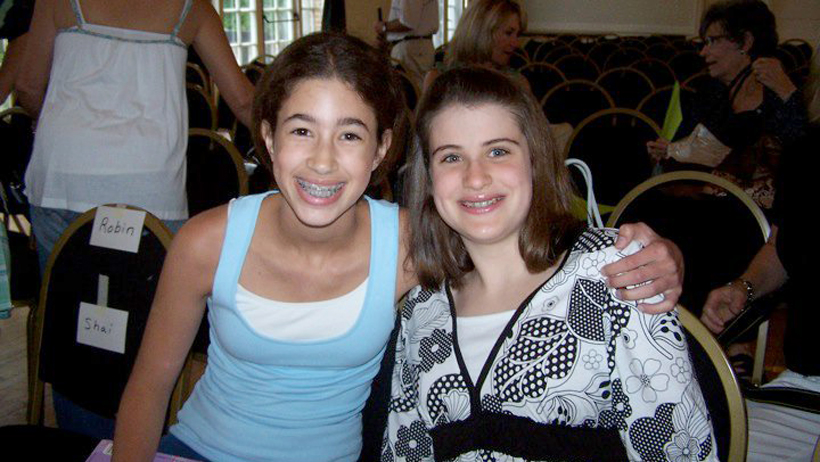
Looking back, you might say I was naïve, but I don't think that was it. Young kids, especially those who are introduced to people with diverse abilities at a young age, are naturally inclusive. I didn't see Leah as different because she needed extra help. After all, I sometimes needed help with math or tying my shoes -- I didn't see a difference. I wanted to be Leah's friend whether she was laughing at one of our jokes or if she was frustrated and needed some encouragement.
Then in high school, I grew close with my friend Mikey. I got the opportunity to run track and field with Mikey (yes, this made me part of the boy's track and field team) and day after day, Mikey would make me smile and laugh as he grilled me with questions about what I ate for every meal, what my uncle's name is, why I didn't have a dog and so on. He also inspired me. He could lap me on the track and placed in Special Olympics meets.
Mikey has Fragile X Syndrome. Notice that he is not a Fragile X boy, he is a boy with Fragile X. I talk a lot about person-first language, which identifies a person first and his or her diagnosis last. Leah is not my autistic friend, for example, she is my friend with autism. The diagnoses are not their defining characteristics, which should be evident by the stories I've already shared. I talk about Leah and Mikey all the time without sharing their disabilities. They are not unique because their needs are special, they are unique because they are special.
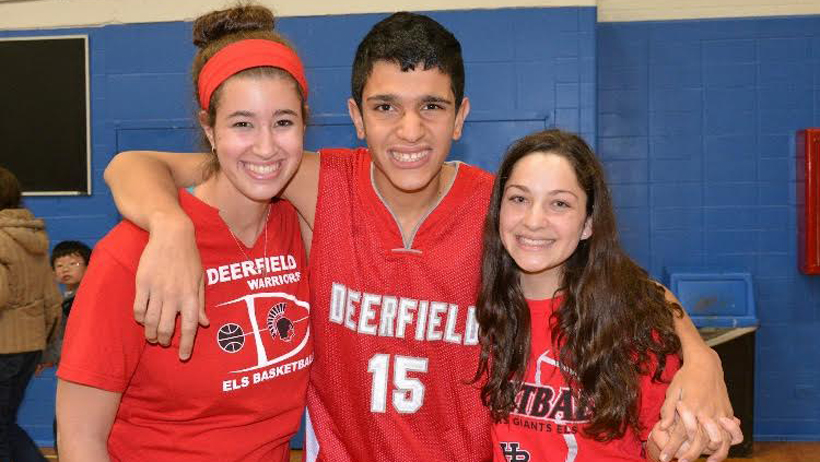
Anyone who follows me on social media or has read my previous article, is well aware of my friendship with Kelly.
I have known Kelly since I was 16. You can find us physically attached at the hip during the summer at our overnight camp, JCC Camp Chi, or virtually during our frequent FaceTimes throughout the year. Kelly is the epitome of inclusion. She is a best friend to every single person she meets and has an innate ability to empathize with everyone.
One time, a mirror fell on me at camp. (There is no background to this story -- a full-length mirror literally fell off a shelf onto my head.) I had to run to the health center because a piece of glass got stuck in my shoulder. When I got back, Kelly greeted me with a handful of bandages, kissed my shoulder, and continually checked on it the rest of the day. Another time, I was placed with a different camper who was seven years younger than Kelly. She confidently marched up to him, shook his hand and invited him to sit with her. Everyone should be more like Kelly.
Kelly, who I admire whole-heartedly, has Down syndrome. But in that story, Kelly is simply identified as my friend -- you don't know her ability level or age or that I was her one-to-one counselor, because none of that defines Kelly as a person.
I don't look at Leah, Mikey or Kelly, and see their disabilities. I look at them, in awe, and am inspired by the mature, empathetic, determined people they have become despite facing obstacles. I spend time with them and am grateful because I have found the most genuine friends -- friends who do not judge me for what I wear (okay, Kelly has made fun of my Birkenstock and sock look, but I can accept that); friends who are not caught up in trivial drama or prone to gossip. They thoroughly enjoy life and seize every day, and they are amused by face-to-face interactions rather than screens. These are skills I wish I had already mastered. This is what I mean when I say we all have diverse abilities: in school, social situations, daily activities, self-love, perspectives and more.
We have all faced obstacles and challenges, but we are not (or should not be) defined by them. My freshman year, I had the hardest time understanding physics. I got a "D-" on a test once, even though I dedicated ample time to studying. I met with a tutor who helped me succeed in the class. Despite this struggle, no one called me dumb, I still got into my dream college, and have never been defined by the challenge. Rather, I am congratulated for my accomplishments, like the "A" I got second semester of Freshman Physics. Likewise, we should recognize Leah, Mikey and Kelly for their accomplishments.
I was so fortunate to grow up in a school system that promoted inclusion. When I arrived at college, however, I learned that this value was not mutual across states -- some of my friends did not even have special education programs in their schools. My neighbors freshman year enlightened me that some people still think it is okay to use the word "retarded" (and scream it repeatedly while playing video games). I learned that some people think that people with diverse abilities are incapable, even though with the necessary accommodations they can succeed. I mentally banged my head on the wall when someone in my group project said that "only the high-functioning autistic kids could participate." Another time, two adults told me that saying "retarded" was socially acceptable in their generation and I should stop trying to change them. I had many not-so-polite responses at the ready but decided against them.
Dear society, we have a whole lot more work to do.
I am often asked how I educate people about inclusion and person-first language. What do you say? How is it not awkward? How do you not fall victim to the bystander effect? Yes, it can be awkward, but I refuse to let a little tension interfere with educating people on respect. Second, it is important to gauge your audience and understand their point of view. Is the person being disrespectful on purpose, or did they never learn these concepts? Either way, it is crucial to approach the situation kindly and remember your intentions, which are not to create a fight or criticize (this just makes people angry and less motivated to listen).
I had a friend who once told a story about working with "autistic kids." I went up to her after (never call someone out in a group setting - it doesn't end well), complimented her story as I admired her work, and asked some follow-up questions, one being: Have you heard of person-first language? She was unfamiliar and thanked me for the explanation. I couldn't completely tell if I had offended her, but when we got together a few weeks later, she came up to me and said how grateful she was that I took the time to explain person-first language and that she has been researching and integrating it into her vocabulary.
Even if it is scary, taking the time to educate is the first step in creating a more inclusive and welcoming environment for all people and all abilities.
I am currently a second semester senior at the University of Wisconsin-Madison and I am asked almost daily what my plans are after graduation. For the past few months, this question has completely overwhelmed me; I don't even have a plan for dinner tonight, let alone after graduation. But my mom helped me craft what I think is a brilliant response. I want to use my abilities and experiences to help and work with others -- to serve humanity.
Promoting inclusion allows me to do this. One day, I plan to go to law school to study special education law or child advocacy to continue sharing my experiences, spreading knowledge, and creating relationships with people who have diverse abilities.
The next time you hear someone talking negatively about people with diverse abilities or neglecting person-first language, I challenge you to respectfully respond and enlighten them. After all, we all have diverse abilities.
Rachel Gold is from Chicago and is currently a senior studying Community and Nonprofit Leadership with a minor in Education and Educational Services at the University of Wisconsin-Madison. When not doing advocacy work, you can find her working at a local preschool or petting every puppy on State Street. In the years after graduation, she hopes to work for a nonprofit and then go to law school to continue advocating for people with diverse abilities.
For more stories in the "Accepted, Welcomed and Included" blog series, visit oychicago.com/included.
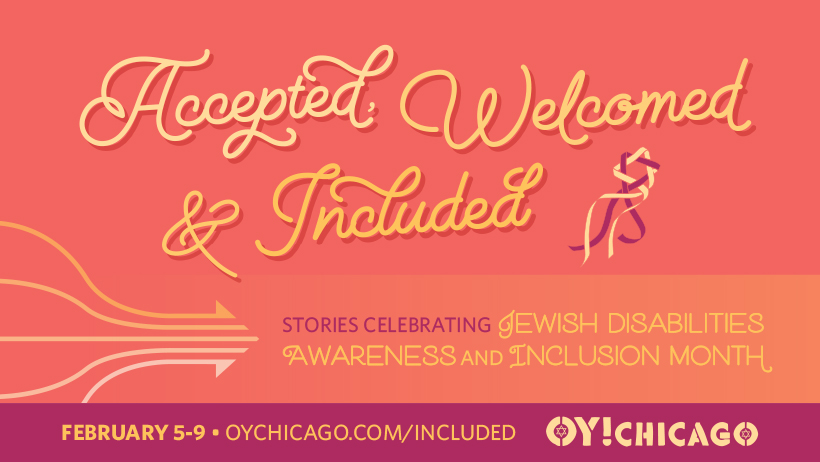


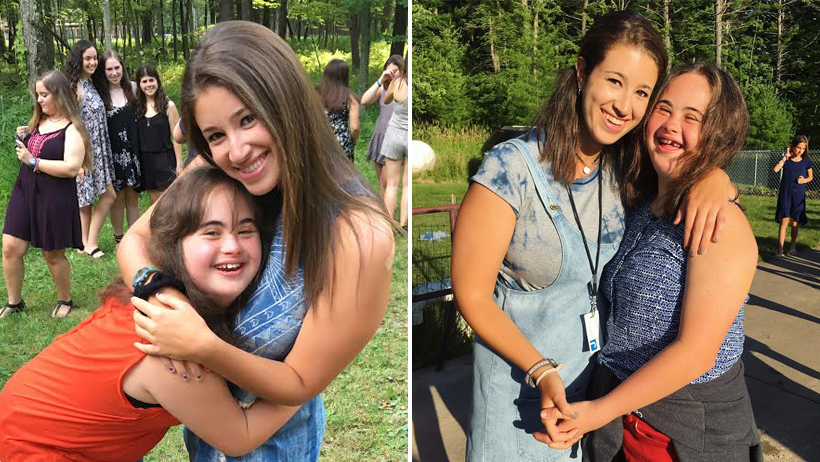
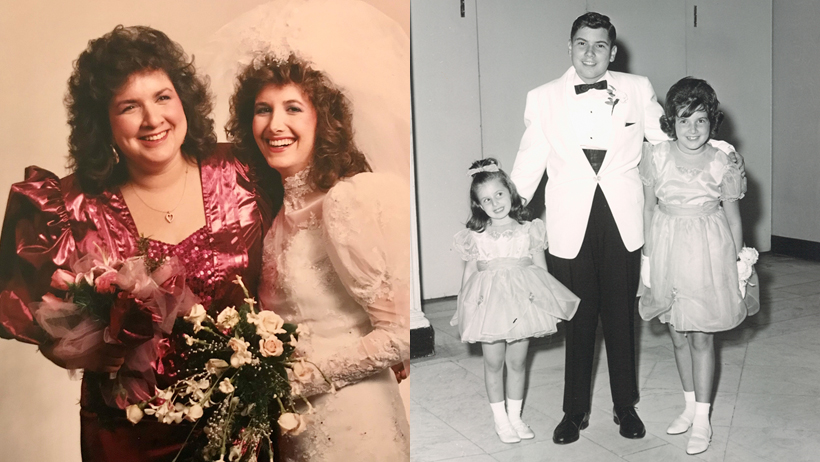
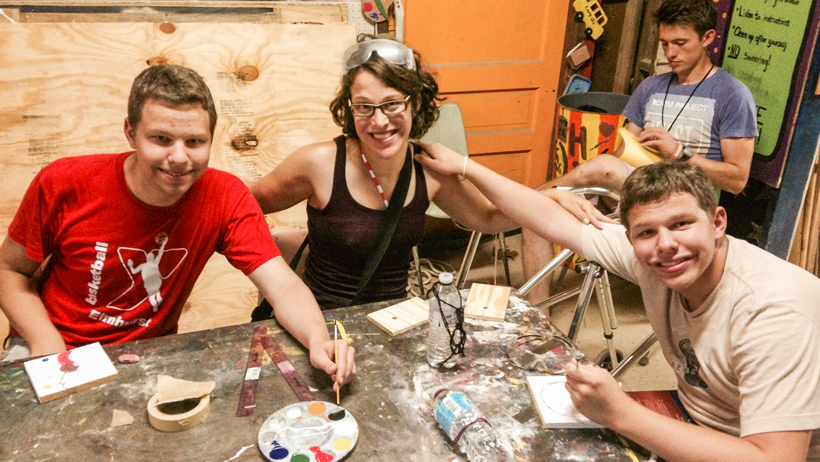

.jpg)



